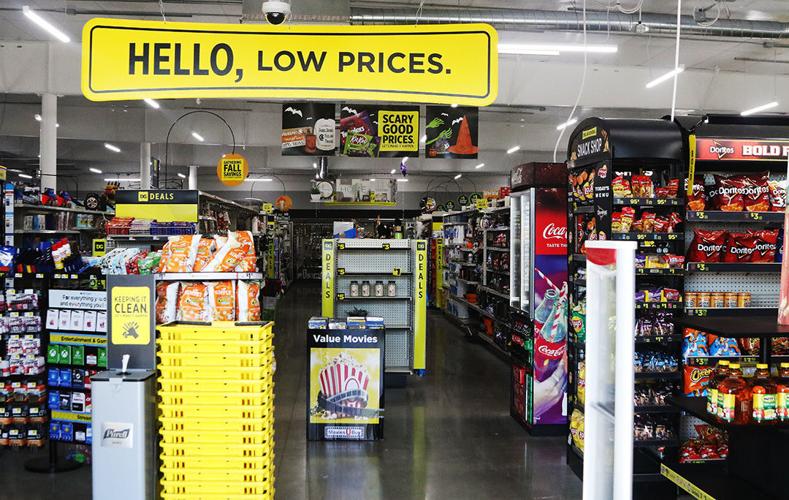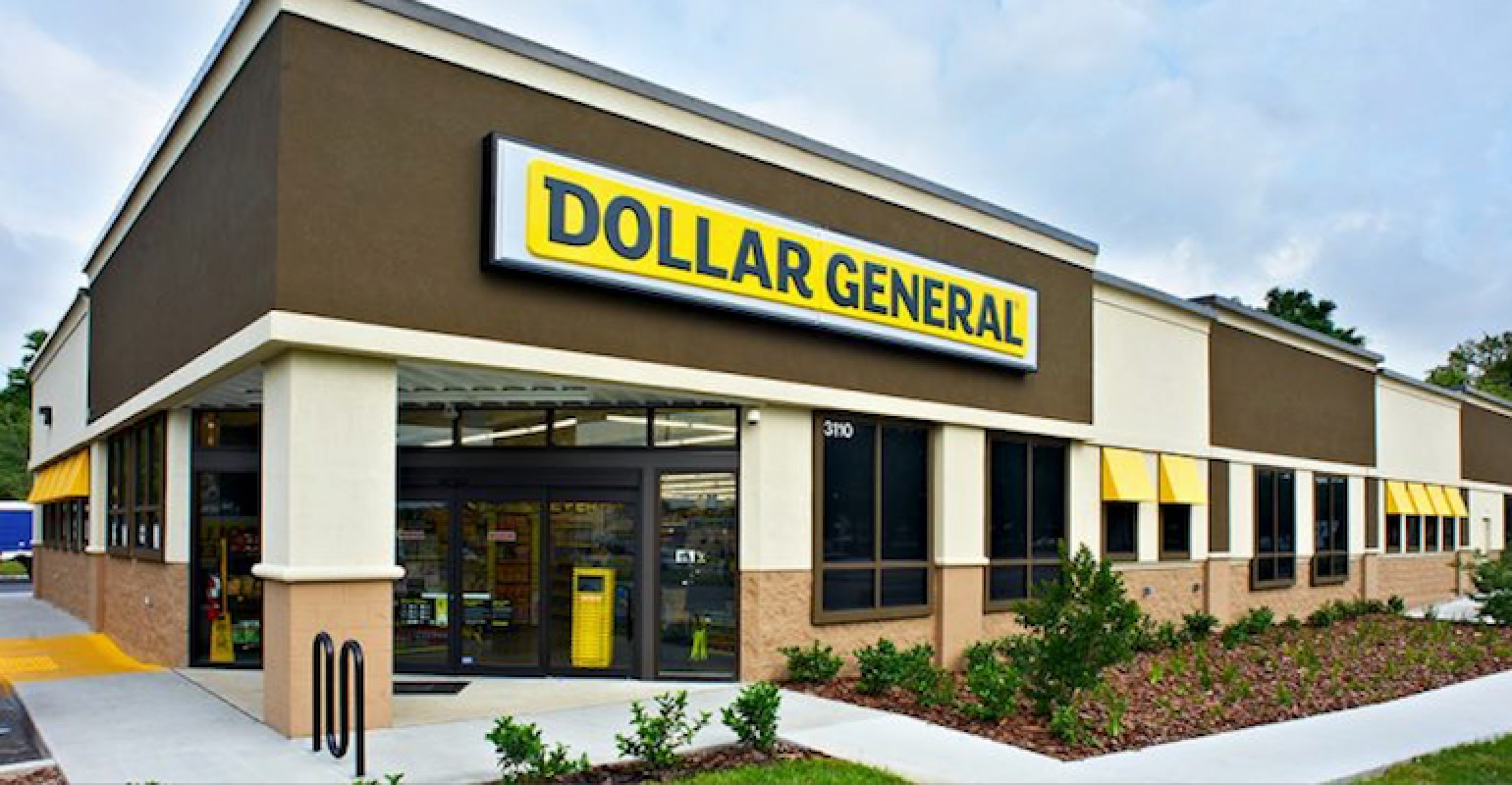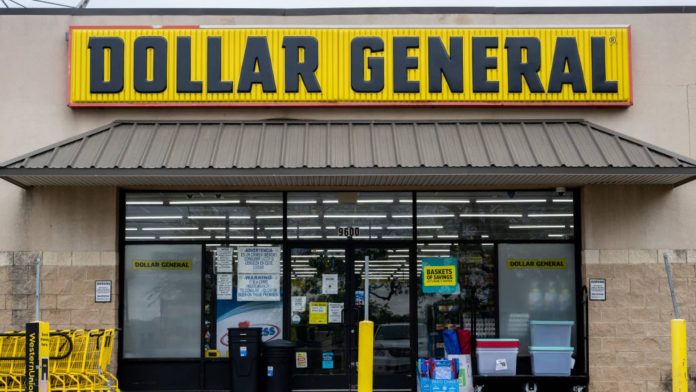Dollar General has decided to step back from the self-checkout trend in retail, implementing significant changes across its stores.
In response to heightened levels of shoplifting and merchandise losses, Dollar General is removing self-checkout stands from 300 stores.
Additionally, in 9,000 other stores, the company is transitioning some or all of its self-checkout registers to traditional checkout counters staffed by cashiers. Moreover, in approximately 4,500 stores, Dollar General is restricting self-checkout to purchases of five items or fewer.
The rationale behind these moves is to address shrinkage, a term encompassing various factors such as shoplifting, employee theft, damaged products, administrative errors, and online fraud.

Due to its skeletal staffing levels, Dollar General is particularly susceptible to losses from shoplifting and other merchandise-related issues compared to many other retailers, as noted by retail analysts.
CEO Todd Vasos emphasized the potential positive impact of these actions on reducing shrink during a call with analysts, highlighting the significance of this issue in their discussions.
The decision was informed by the utilization of artificial intelligence to analyze a vast number of purchases made through self-checkout, allowing the company to pinpoint stores with the highest rates of stolen merchandise and mis-scanned items.
Dollar General’s shift away from self-checkout marks a reversal from its previous strategy. The company had previously expanded self-checkout stations to over half of its approximately 20,000 stores, even piloting stores exclusively equipped with self-checkout options.

The initial rationale behind this expansion was the expectation of reduced labor costs and faster checkout processes for customers. However, recent challenges with the technology, coupled with concerns over shrinkage, prompted Dollar General to reassign workers to manned checkout counters.
Notably, studies have shown that retailers with self-checkout lanes and apps experience a loss rate of about 4%, more than double the industry average. Consequently, other retailers, such as Booths and Walmart, have also opted to remove or reduce self-checkout stations in their stores due to similar concerns.
In response to these trends, some retailers like Target are adjusting their self-checkout policies. Target announced the rollout of a new “express self-checkout” option, limiting purchases to ten items or fewer in most stores. Additionally, Target plans to increase the availability of traditional checkout lanes staffed by cashiers.


